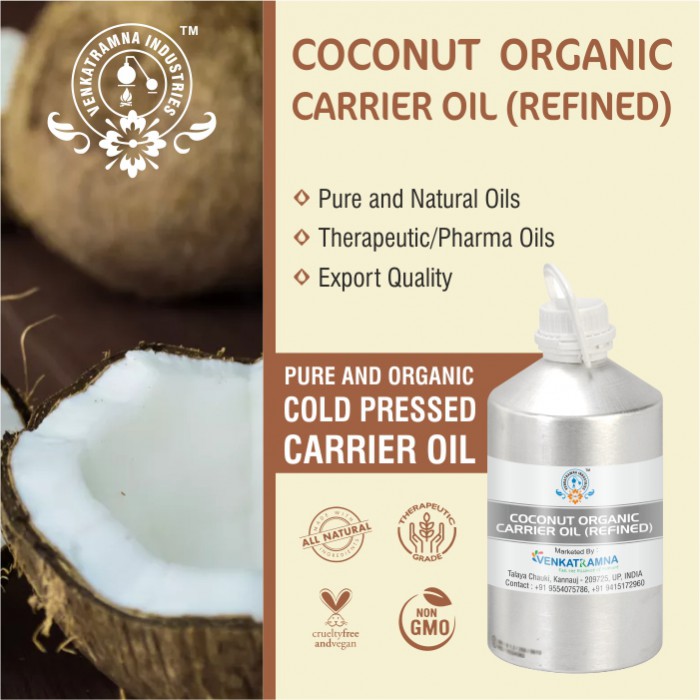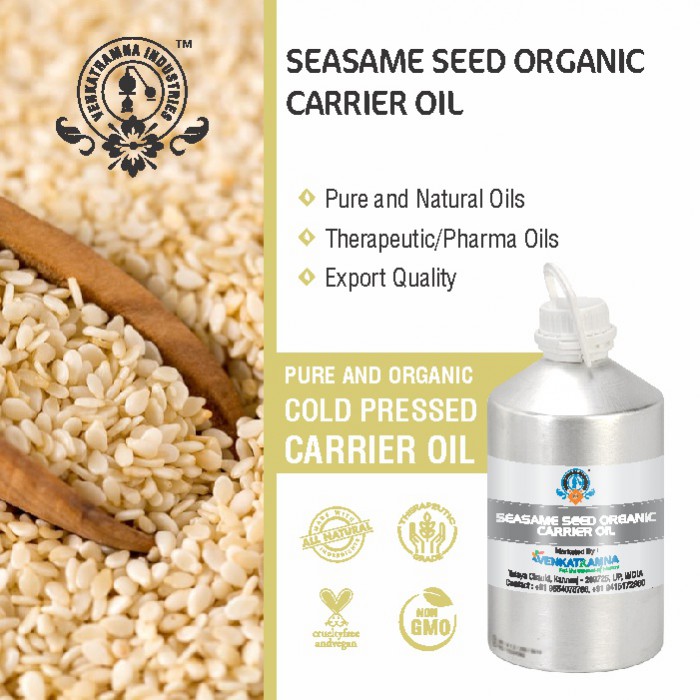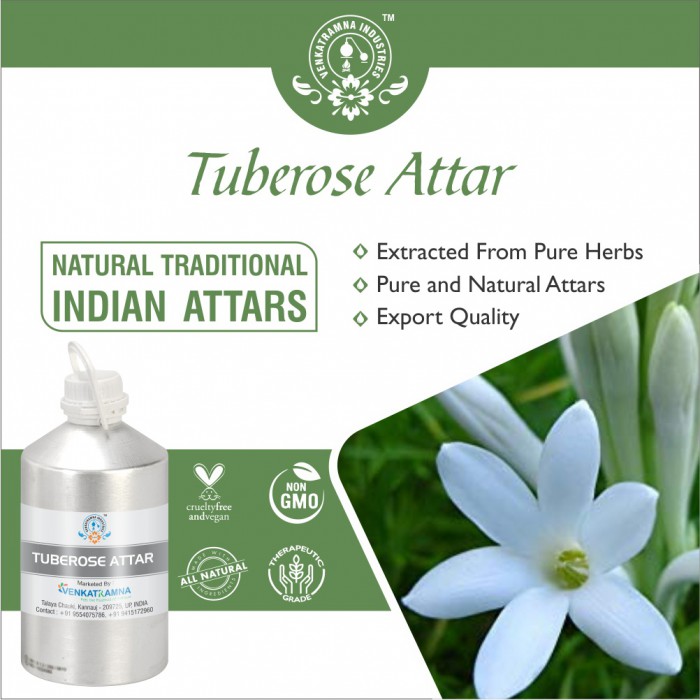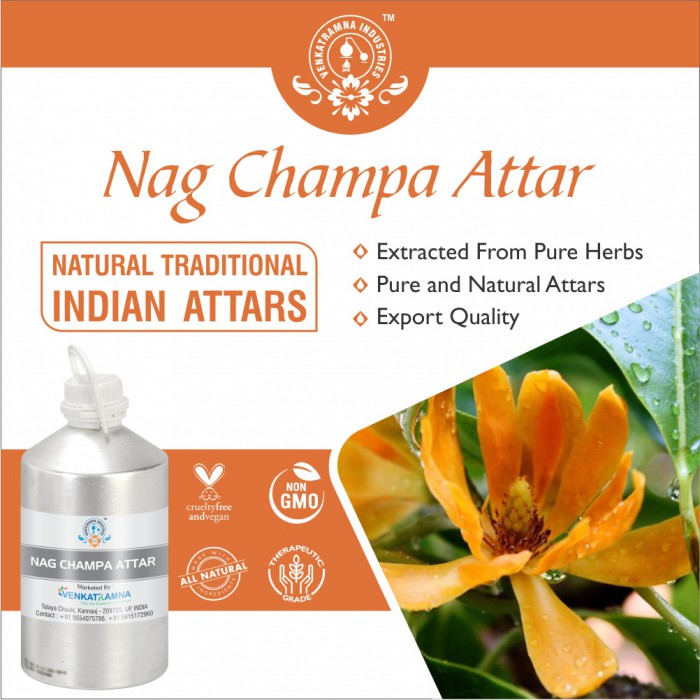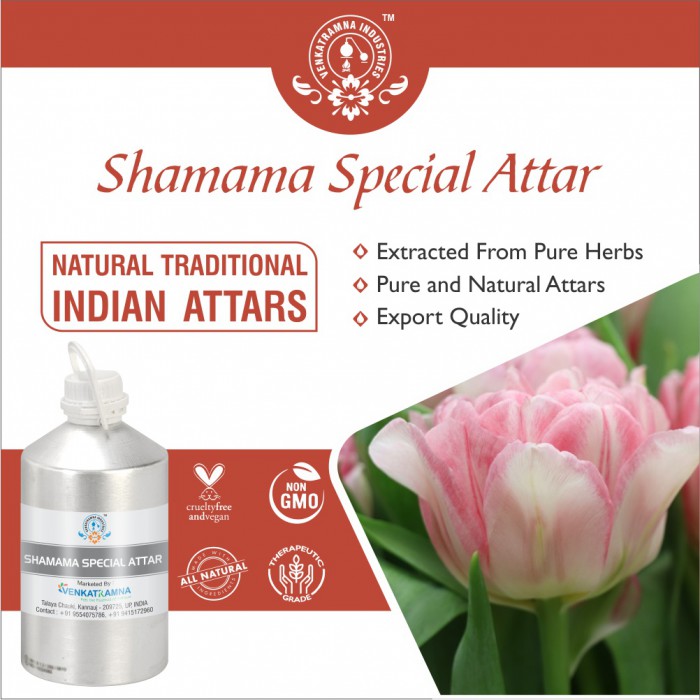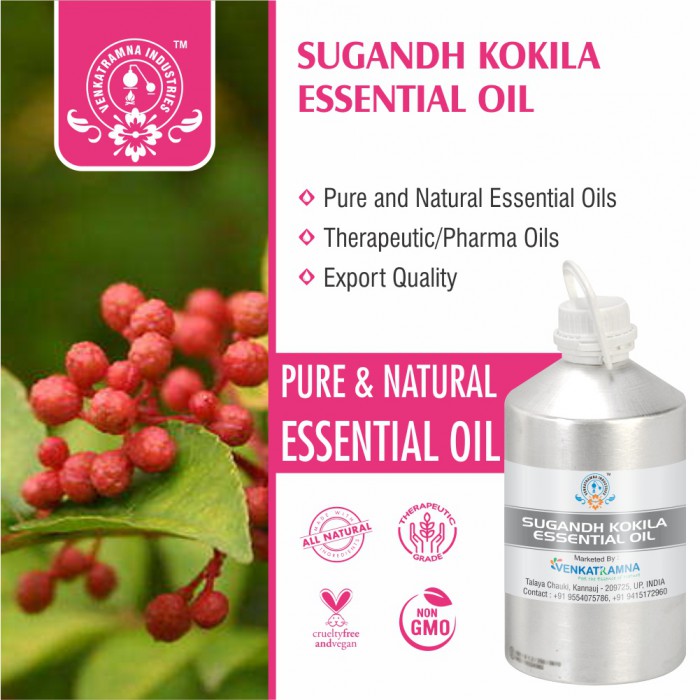Botanical Name: Cedrus atlantica Common name: Glauca, Blue Atlas Cedar, Atlas De Read More
Botanical Name: |
Cedrus atlantica |
|
Common
name: |
Glauca, Blue Atlas Cedar, Atlas Deodar. |
|
Plant family: |
Pinaceae |
|
Genus: |
Cedrus |
|
Appearance/Color: |
Yellowish amber to orange brown clear
liquid |
|
Odor: |
It has a fresh, medium woody aroma. |
|
Blends With: |
Rosewood, bergamot, cypress, cassia,
jasmine, juniper, neroli, labdanum, frankincense, clary sage, vetive,
rosemary, ylang-ylang. |
|
Origin |
Morocco |
Cedrus
atlantica is an evergreen Tree growing to 25 m (82ft)
by 10 m (32ft) at a medium rate.
It is hardy. It is in leaf all year, in flower in September, and the seeds
ripen from October to December. The species is monoecious (individual flowers
are either male or female, but both sexes can be found on the same plant) and
is pollinated by Wind. It cannot grow in the shade. It prefers dry or moist
soil and can tolerate drought. The plant can tolerate strong winds but not
maritime exposure. It can tolerate atmospheric pollution.
The wood itself is hard and strongly aromatic because of the essential oil it contains, which is obtained by steam distillation. Origination in the Atlas Mountains in North Africa, Linen chests were frequently crafted from cedar. The ancient Egyptians prized the oil, mostly for embalming purposes, but also for cosmetics and perfumery, and solomon’s temple was built with cedar wood. Today, closet liners and accessories are frequently crafted from cedar, and oil is currently used in commercial soaps, cosmetics and perfumes, especially men’s colognes.
The complete range of conditions or methods of use are beyond our control therefore we do not assume any responsibility and expressly disclaim any liability for any use of this product. Information contained herein is believed to be true and accurate however, all statements or suggestions are made without warranty, expressed or implied, regarding accuracy of the information, the hazards connected with the use of the material or the results to be obtained from the use thereof. Compliance with all applicable federal, state, and local laws and local regulations remains the responsibility of the user.
The FDA has not evaluated the statements on this website. No claims are made by Venkatramna Industries as to the medicinal value of any products from vriaroma.com or by us. The information presented here is for educating our customers about the traditional uses of essential oils and is not intended to diagnose, treat, cure, or prevent any disease. You are responsible for understanding the safe application of these products. If you have any questions, please call or email us for further information.
As per NAHA guidelines, New Directions Aromatics (NDA) does not recommend the ingestion of essential oils. It is imperative to consult a medical practitioner before using Essential Oils for therapeutic purposes. Pregnant and nursing women and those taking prescription drugs are especially advised not to use this product without the medical advice of a physician. The oil should always be stored in an area that is inaccessible to children, especially those under the age of 7.
Atlas Cedar is a
woody evergreen plant which essential oils obtained by steam distillation have
several pharmacological and aromatic properties. The essential oil is widely
used in pharma, ayurvedic and soap industries.
An essential oil
obtained from the distilled branches is a good antiseptic and fungicide that
stimulates the circulatory and respiratory systems and calms the nerves. The
oil is also astringent, diuretic, expectorant and sedative. Diluted with a
carrier oil such as almond and massaged into the skin it is used in the
treatment of skin diseases, ulcers, chest infections, catarrh, cystitis and
dandruff. It is used as an inhalant for treating bronchitis, tuberculosis and
nervous tension. An infusion of the branches can also be used.
An essential oil obtained from the distilled branches is used in perfumery, notably in jasmine-scented soaps. The essential oil also repels insects. Plants can be grown as a tall hedge. Wood - fragrant and durable. It is prized for joinery and veneer and is also used in construction. It is also used for making insect-repellent articles for storing textiles.
·
Antidandruff
·
Antifungal
·
Antiseptic
·
Nervine
·
Pectoral
·
Skin
|
S.No |
Key
Constituents |
Composition
(%) |
|
1 |
g-Himanchalene;
|
7.2 |
|
2 |
b-Himanchalene; |
29.6 |
|
3 |
(E)-a-Atlantone |
63.2 |
|
4 |
Gamma-Himachalene |
|
|
5 |
Deodarone |
|
|
7 |
(E)-Gamma- Atlantone |
|
|
8 |
Himachalol,
isocedranol |
Human health may
produce an allergic reaction. The product contains a substance which may cause
long term adverse effects in the aquatic environment
Immediately
flush eyes with plenty of cool water for the least 15 minutes. Get medical
attention if irritation occurs. Remove contaminated clothing. Wash area with
soap and water. If irritation occurs, get medical attention. Seek medical
attention or contact local poison control center.
·
Acute toxicity aspiration toxicity
includes severe acute effects such as chemical pneumonia, varying degrees of
pulmonary injury or death following aspiration.
·
Skin irritation: No Data Available.
·
Eye damage or irritation: No Data
Available.
·
Respiratory or skin sensitivity: No
Data Available.
·
Germ cell mutagenicity: No Data
Available.
·
Carcinogenicity: No Data Available.
·
Reproductive toxicity: No Data
Available.
·
Stot – single exposure: No Data
Available.
·
Stot – repeated exposure: No Data
Available.
·
Aspiration hazard may be fatal if
swallowed and enters airways (h304). Aspiration toxicity includes severe acute
effects such as chemical pneumonia, varying degrees of pulmonary injury or
death following aspiration.
·
Toxicity: harmful to aquatic
life with long lasting effects.
·
Persistence & degradability:
no data.
·
Bio- accumulative potential
none.
·
Mobility in soil: none
·
Results of pbt & vpvb
assessment: this substance does not meet the pbt/vpvb criteria of reach.
·
Other adverse effects: do not
allow product to enter streams, sewers or other waterways.


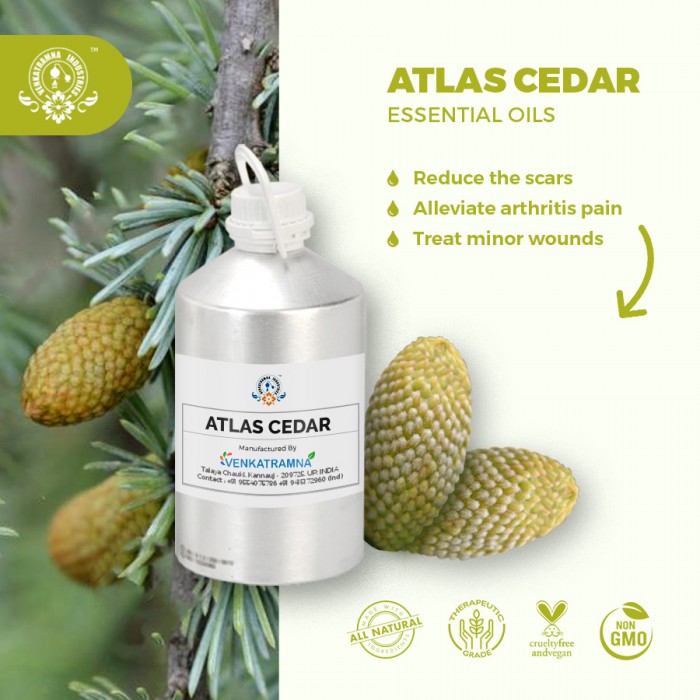
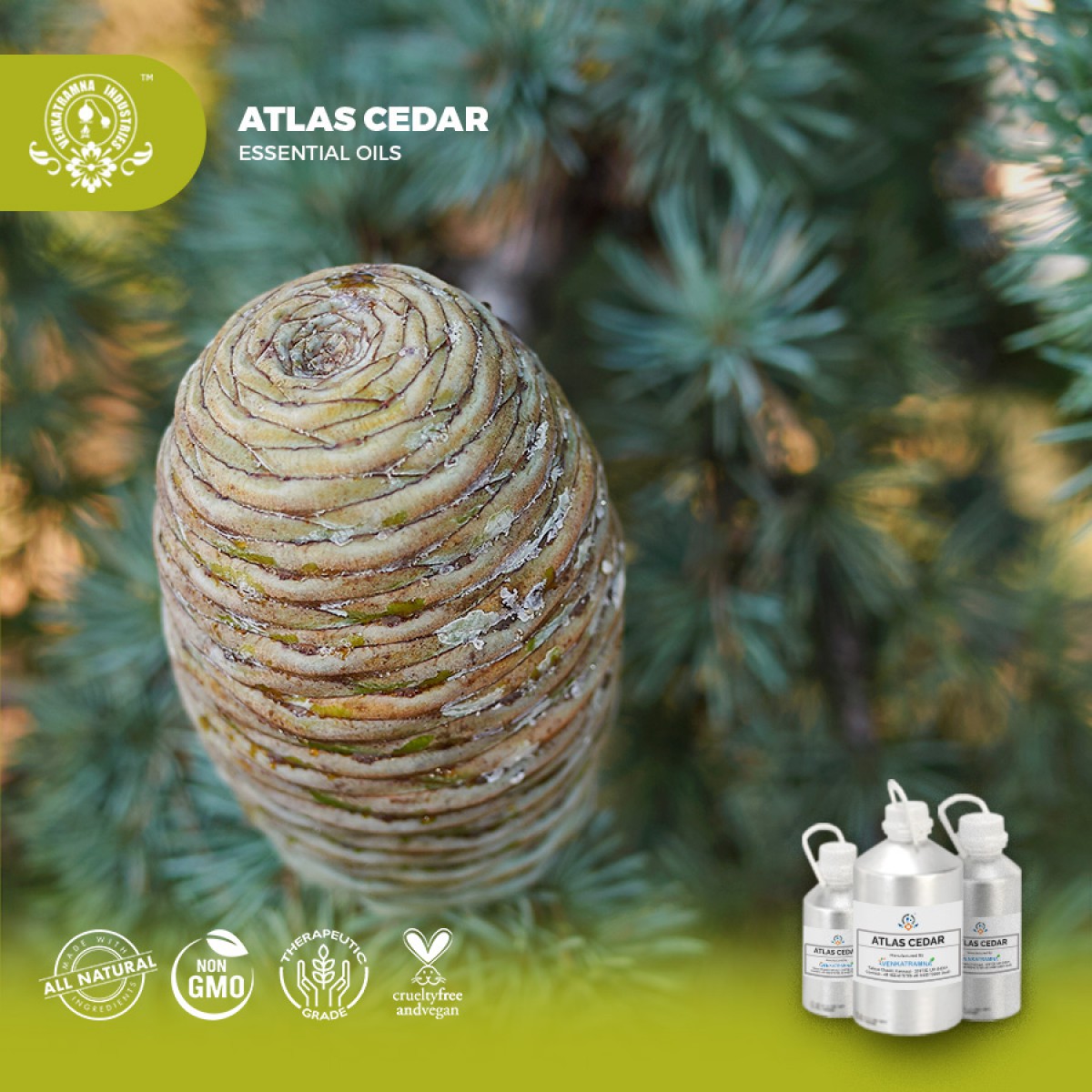
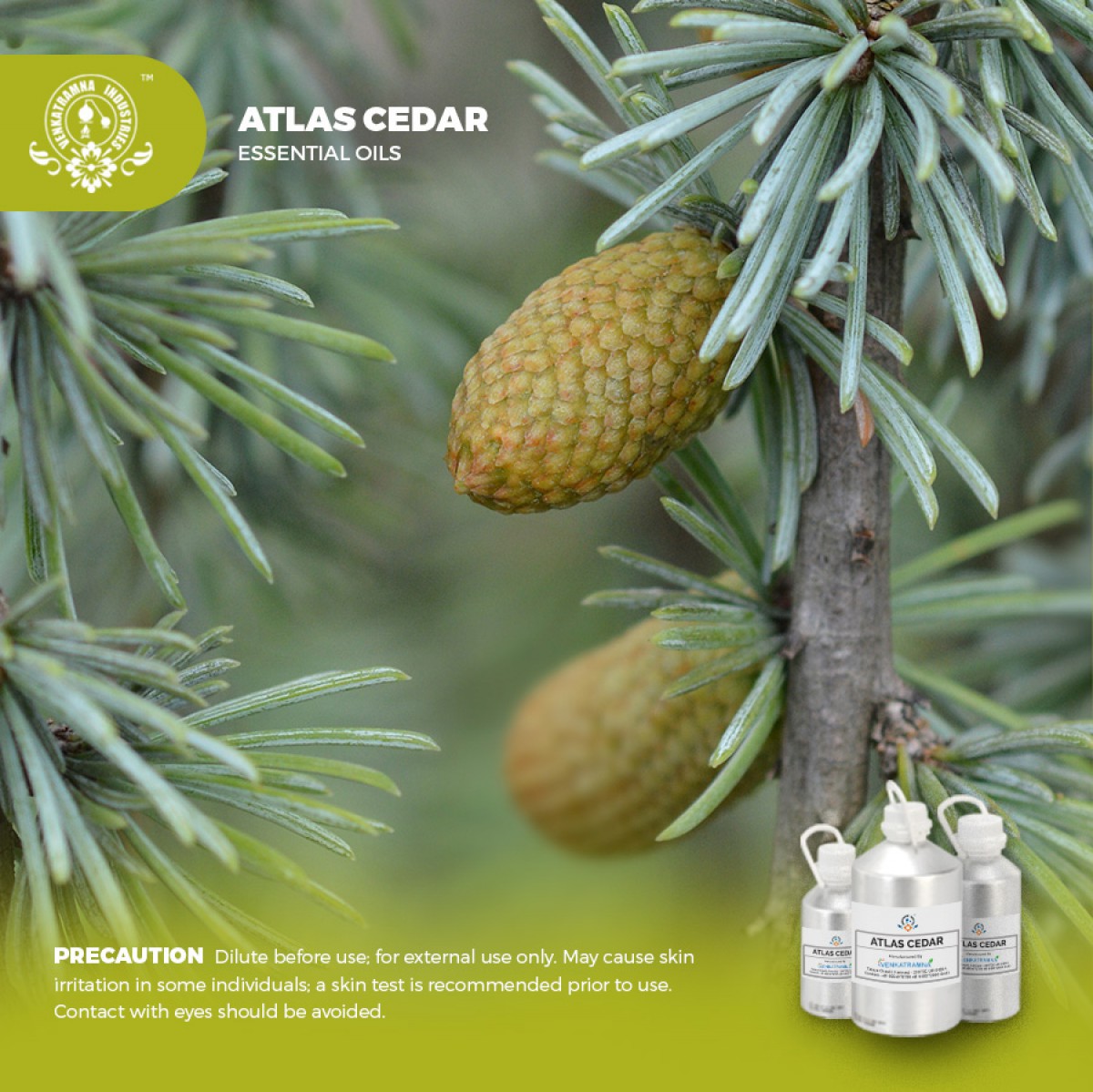
 MSDS-Atlas_Cedar.pdf
MSDS-Atlas_Cedar.pdf